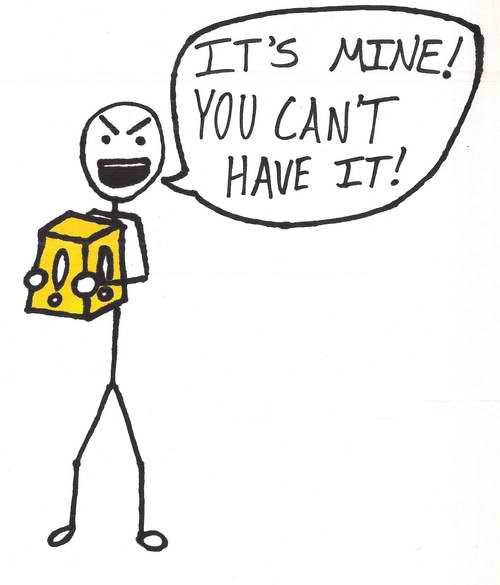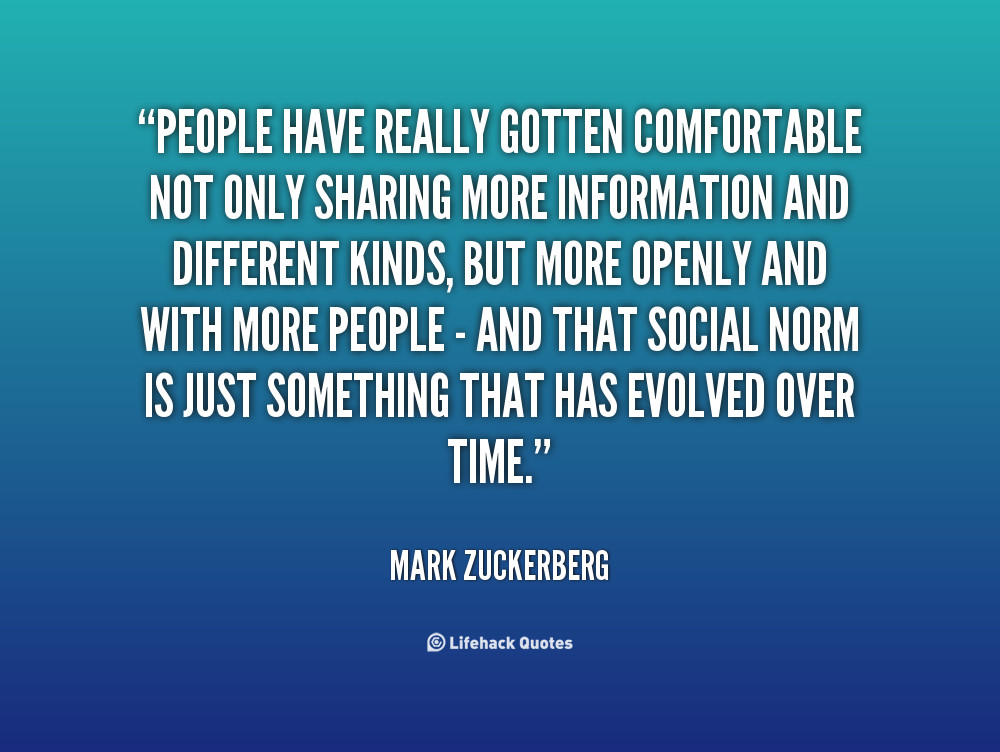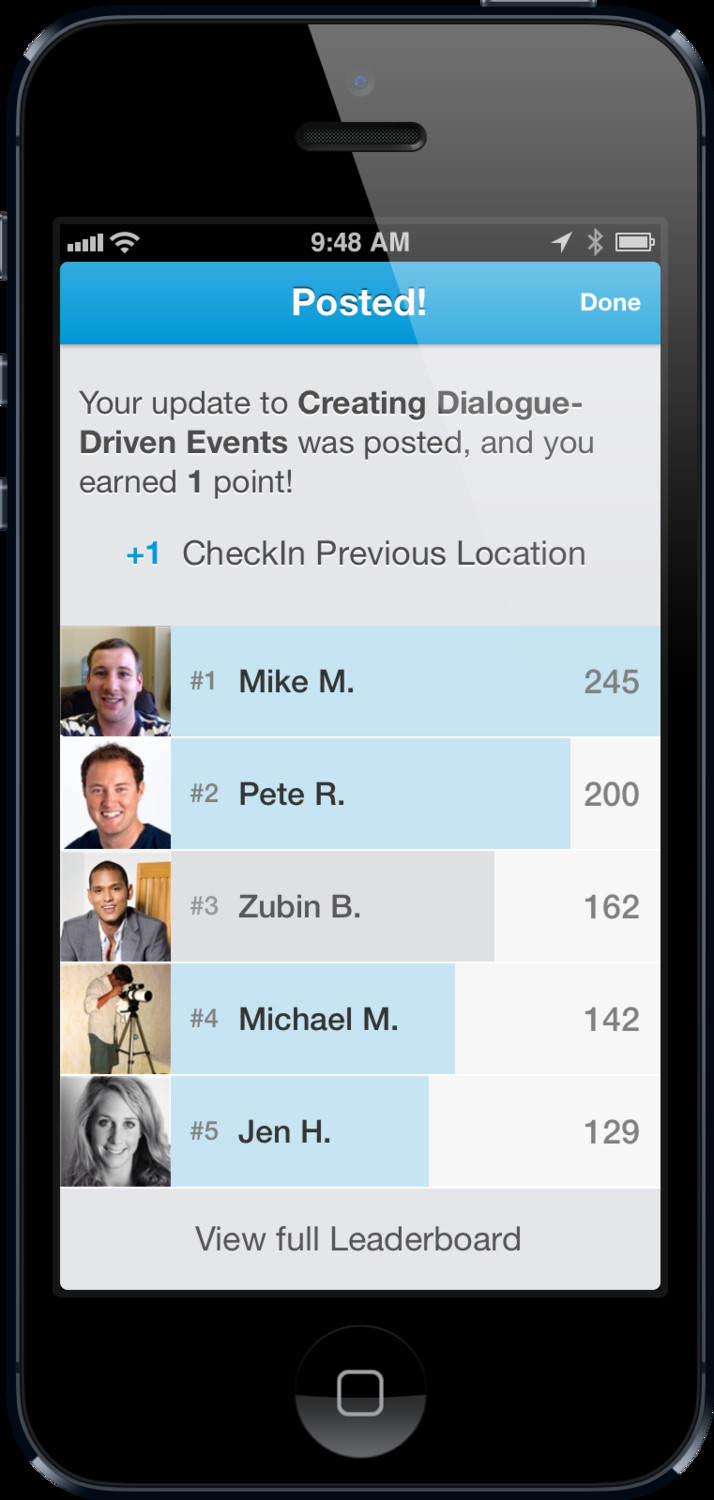In customer advisory boards, our assumption is that all advisors are there to openly share information and insights and to listen attentively to what others have to say. In short, it becomes an excellent peer learning opportunity and a breeding ground for innovative thinking and breakthrough ideas. Unfortunately, in reality, this is not always the case. Sometimes, we can invite advisors who have a very competitive streak and who are not as open to sharing their views candidly with others.
These advisors may be part of a private investigators consortium that, if shared with the group during the consultancy meeting, could be beneficial for the others to know about in case they would also be interested in participating. But that particular investigator may not want his or her peers to be involved in the exclusive international group to which they belong. They may feel a certain level of competitiveness and need acknowledgment that they “earned” the right to be in that group. They may also believe that this is their reward for all the hard work they have contributed towards the effort and that none of their peers should be given a “free ride” to join without the same level of personal diligence.
Other times, an advisor can come across some questions posed during the consultancy meeting or workshops that he knows the answer for but doesn’t feel compelled to respond, even if he has the knowledge to help solve the problem. He may feel that it reveals newly published data that he is about to blog about or present at rounds in a couple of weeks. Or it is simply information he does not want to share with his colleagues so that he can maintain a knowledge advantage over others.
Because of these types of situations, we need a certain level of proactivity to prevent them from happening. And since there is no way to read people’s minds and to uncover what information they are, in fact, not disclosing, we need to find ways to create an environment of safety and reinforcement for everyone.
One excellent way to deal with these issues from the get go is to set up ground rules before the live consultancy meeting or online discussion forum. Establish the need to openly thank or recognize individuals who share information openly and freely with their colleagues. Call their name out during the meeting and let them be seen as a key influencer and as a very important asset to the group. Tempt the competitive side of some of the individuals who may also want to gain this recognition within the group and perhaps this may trigger them to share more.
This can also be done in online discussion forums. Moderators of the forum can write a “thank you” response to someone who shares a new piece of data, links, or resources for their colleague’s to utilize. The “sharer” can be seen as a key resource in the group and others may continue to seek their opinion and advice in future interactions. This can be very “ego-stroking” for the person who shares and can really assist in reinforcing collaborative behaviors. In addition, “points” can be accumulated every time an advisor provides new and useful data or resources to the group. Showing up in a top spot on a leader board can also be reinforcing and can be an attractive lure for the more competitive in the group.
Despite your best efforts to pick the most informed and collaborative people you can for your customer advisory board, there will always be people who choose to keep information to themselves and to not openly share with others. By fostering a team environment and reinforcing collaborative behavior through verbal recognition and online points and badges systems, we can inspire the more competitive members to increase their level of honest participation.





